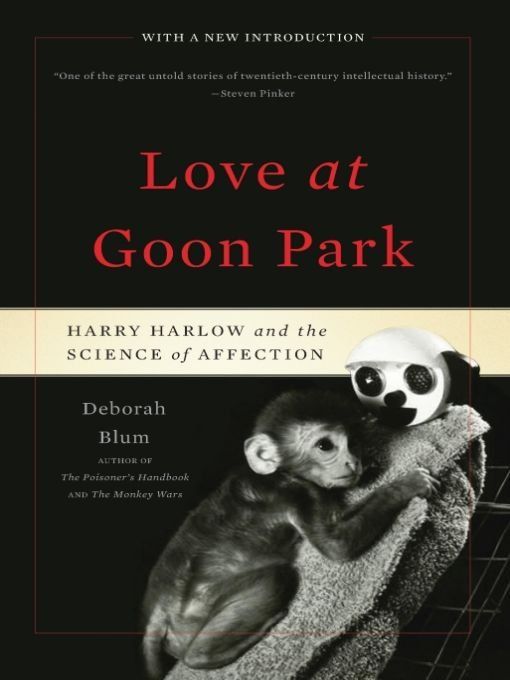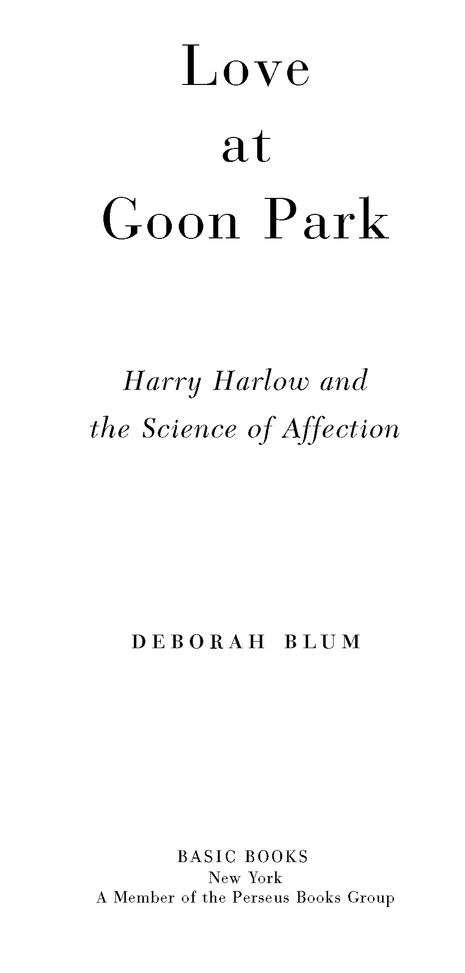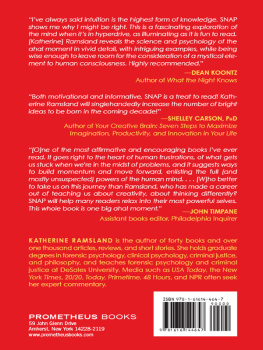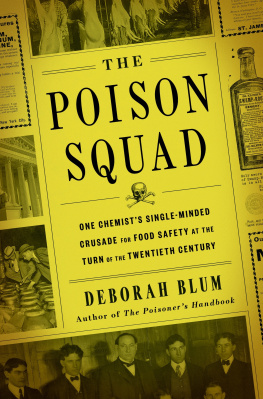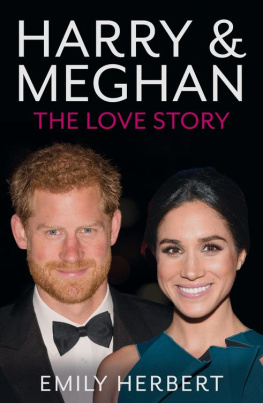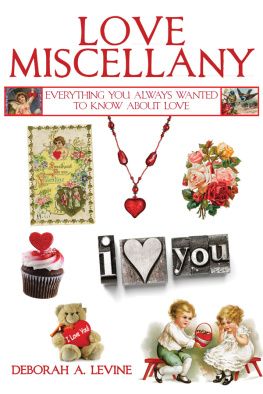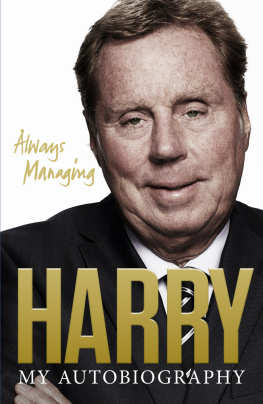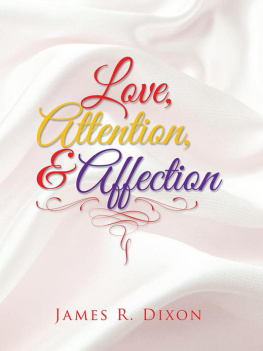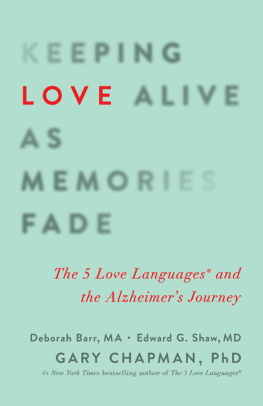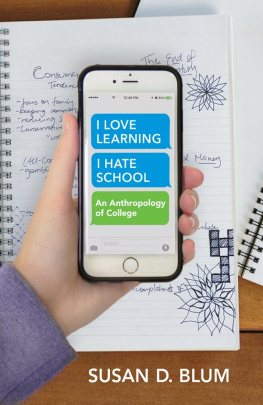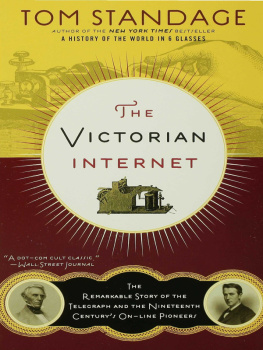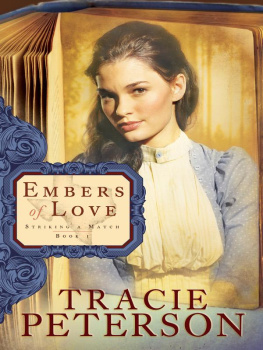Table of Contents
Praise forLove at Goon Park
In her 1994 book, The Monkey Wars, Pulitzer Prizewinning journalist Deborah Blum superbly balanced opposing views of the incendiary issue of primate vivisection. In Love at Goon Park, Blum does an equally skillful job balancing the pictures of that psychologist, Harry Harlow, as troubled soul and brutal abuser of his experimental subjects versus helper of humankind through brilliant science.... Blum does the excellent, requisite historians job, illuminating a period whose zeitgeist differs from ours.... Its an irresistible story told exceedingly well.
Robert Sapolsky, fromScientific American
Blums valuable book is sometimes enchanting and sometimes poignant, but always interesting. It shows the reality behind the simplistic stereotypes that have often been associated with this brilliant and troubled genius.
Duane M. Rumbaugh, Ph.D.,
The New England Journal of Medicine
Pulitzer Prizewinning journalist Blum (The Monkey Wars) rivetingly recounts Harlows work while examining the man himself.... Blums excellent biography, the first major new work devoted to him, should change that. Highly recommended for public and academic libraries.
Library Journal
Blum integrates clear explanations of the theories Harlow was reacting against (such as behaviorism) with details about his fractured home and personal life. An informative, candid biography.
Booklist
In this surprisingly compelling book, Blum (The Monkey Wars) reveals that many of the child-rearing truths we now take for grantedinfants need parental attention; physical contact is related to emotional growth and cognitive developmentwere shunned by the psychological community of the 1950s.... Monkey Wars fans who have been waiting for a follow-up will find this book irresistible.
Publishers Weekly
For generations of psychology students, the image of a baby monkey being comforted by a cloth doll is one of their most indelible memories of the subject. Yet even most psychologists know little about the brilliant, funny, and infuriating man behind the experiments. Nor do many people know about its contextthe fall and rise of the concept of love in social science. Deborah Blum combines these elements into a gripping biography, written with intelligence, warmth, and panache.
Steven Pinker, author of
The Language Instinct, How the Mind Works,
andThe Blank Slate
Incredible as it may seem, half a century ago leading psychologists scoffed at the notion that affection was vital to an infants flourishing. Deborah Blum brilliantly recalls this chilling era, and the scientist whose controversial experiments reaffirmed loves importance. Love at Goon Park is science history at its best.
John Horgan, author ofThe End of Science
Harry Harlow, whose name has become synonymous with cruel monkey experiments, actually helped put an end to cruel child-rearing practices. How these practices could ever have been advocated is only part of the puzzle presented in this lively biography. Blum does not shy away from the ethical questions raised by Harlows research, yet reminds us that he was a complex man who won his battle with the scientific establishment so resoundingly that the outcome is now taken for granted.
Frans De Waal
Love at Goon Park is the important story of the human need for love. Deborah Blum tells the engaging tale of Harry Harlow and his groundbreaking research with monkeys that proved our essential drive for social attachment. This book is not just good science writing, its a great story.
Meredith F. Small,
author ofOur Babies, OurselvesandKids
OTHER BOOKS BY DEBORAH BLUM
The Monkey Wars
Sex on the Brain
A Field Guide for Science Writers (co-editor)
To Ann and Murray Blum
Absolutely my favorite parents
Introduction to the 2011 Edition
SHORTLY AFTER Love at Goon Park was first published, I gave a bookstore talk about the central character in my story, the chainsmoking, poetry-writing, alcoholic, impossible genius of a psychologist Harry Harlow. Mostly, of course, I talked about his midtwentieth century crusade to persuade his fellow psychologists that love was a legitimate emotion, that it mattered, that it shaped human development.
Id been struck by a compelling and controversial study hed done with baby monkeysone that looked at mother rejection of infant monkeys. The scientific prediction was that the little animals might become neurotic, depressed, somewhat withdrawn. But what the researchers saw instead was a sudden flowering of rather desperate outreachthe babies put everything into making those mothers love them. They cooed and cuddled, stroked and called.
It wasnt just that they wanted to fix that first fundamental relationship; they had to fix it before they could move on.
After the talk, a woman came up to continue the discussion. She was a nurse at one of the Madison, Wisconsin, hospitals. She worked in a clinic that cared for adult survivors of parental abuse. Youre describing my patients, she said. Thats what theyre like. They were 30, 40, 50 years old, and they were still trapped in that childhood quest of trying to make their parents love them.
I remember it so clearly still, the kindness and the sadness in her face and her complete recognition of Harlows message: If monkeys have taught us anything, its that youve got to learn how to love before you learn how to live.
His work with monkeys is fraught with ethical questions about the rights and wrongs of experimenting on another species. But the connection he drew between love and a realized life is as powerful today as when he was illuminating it more than 50 years ago.
I was so glad when I learned that Basic Books planned to publish a new edition of Love at Goon Park: Harry Harlow and the Science of Affection. Although it first appeared in 2002, and although Ive published two books since, this one is in many ways my favorite work.
That might surprise you because, as I wrote in the preface to the first edition, when the idea first came up I could hardly refuse fast enough. Id written about Harlow in an earlier book, The Monkey Wars, which explored ethical issues in primate research. That largely critical look had angered many of his old colleagues and friends, one of whom had called to let me know that shed even hated the positive New York Times review of the book. I wasnt sure I wanted to spend any more of my life exploring primate research, and I wasnt sure that anyone would talk to me anyway. And yet, Harlow somehow stayed with me. And some years later when I was working on a series for Mother Jones about the destructive effect of neglect on children, I found myself thinking but thats Harry Harlows work. And I found myself rethinking what Harlow had done, not the primate research so much but the pure power of it, the way it forced you to confront how much relationships matter in life.
I wrote: And thats this book, partly a biography of Harry Harlow, partly the biography of a surprisingly recent idea in sciencethat love counts. A book is always a journey, and at the end of this, I asked myself whether I had learned to like Harry Harlow ... Easy question, tricky answer. He makes me laugh, even secondhand. He makes me think about friendship and parenthood and partnership in ways that I never had before. He still seems to me an edgy companion. And he seems wholly real.

